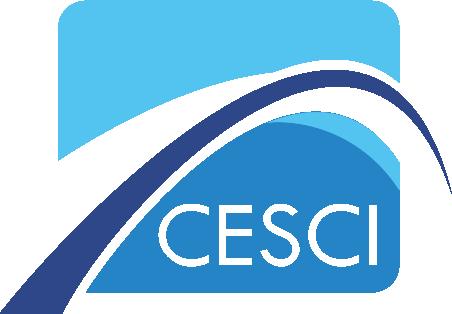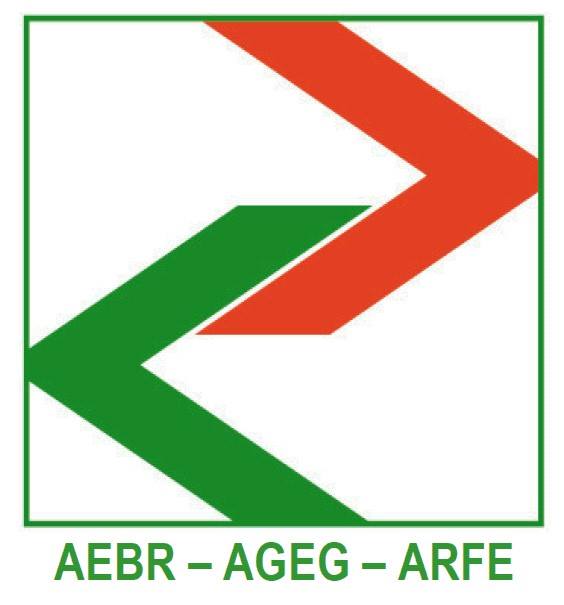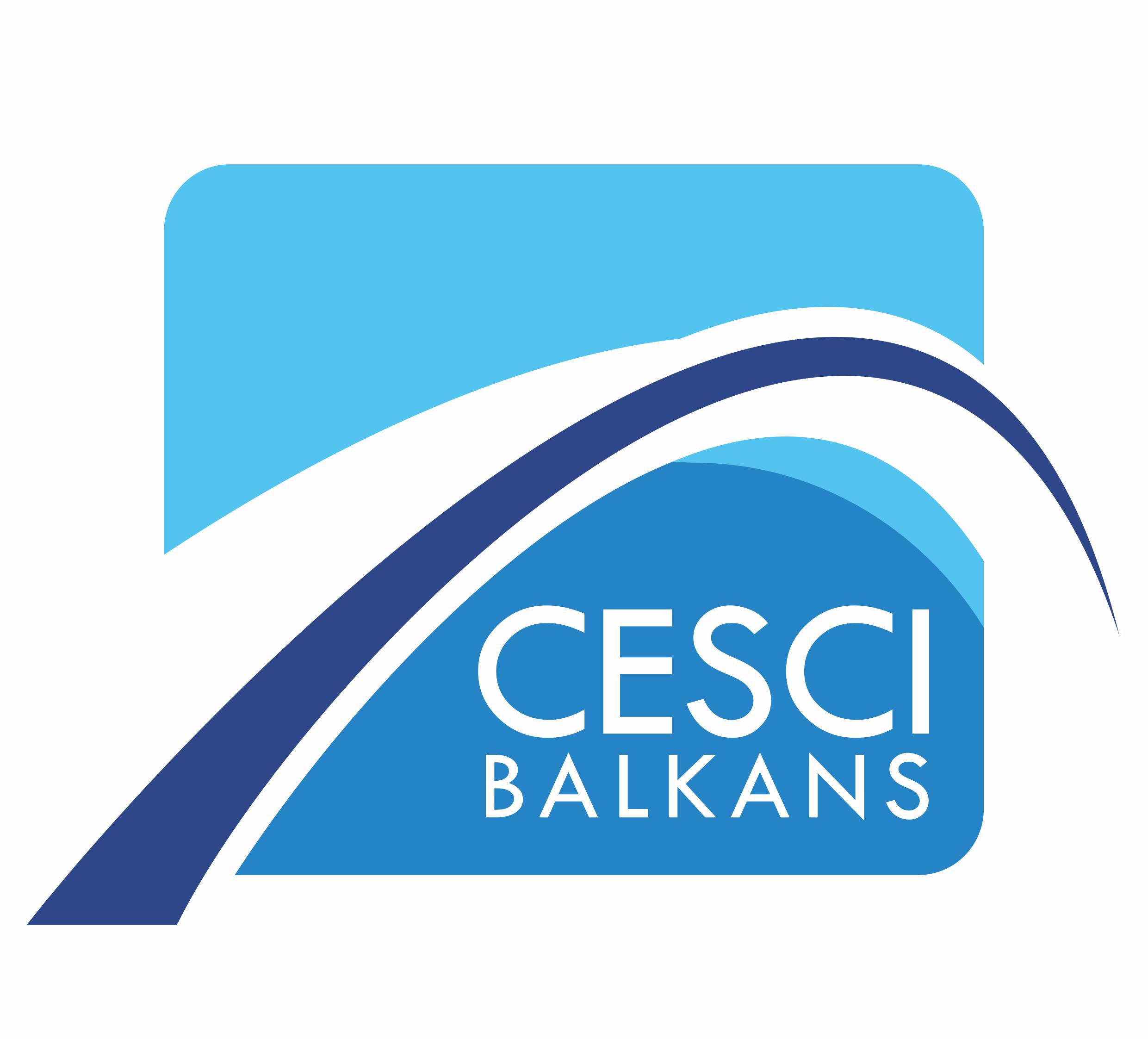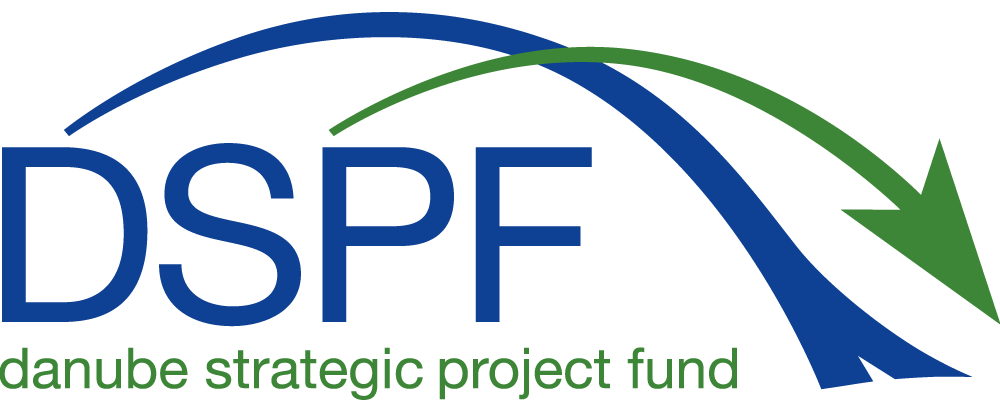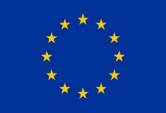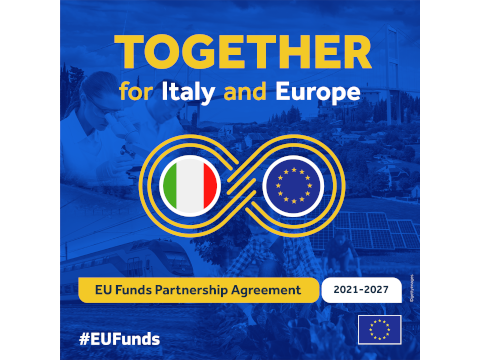
The Partnership Agreement sets out the jointly agreed investment priorities for Italy's green and digital transition while supporting the most fragile socio-economic areas and vulnerable groups. Together with national co-financing, the total Cohesion Policy allocation is €75 billion.
More than €30 billion from the European Regional and Development Fund (ERDF) and the European Social Fund Plus (ESF+) will be allocated to the less developed regions in Southern Italy. This stronger targeting is crucial to reduce the (still large) gap among regions in terms of economic activity, employment opportunities, education and access to services and healthcare.
Strengthening sustainability and fighting climate change
Over €8.7 billion under the ERDF will aim at making energy more affordable, clean and secure at investing in low-carbon and circular economy as well as energy-efficient renovations in public buildings. Moreover, ERDF resources will be invested in strengthening sustainable mobility and in making regions, cities and infrastructures more resilient to impacts of climate change and natural risks. Italy will invest in measures for climate change adaptation, risk prevention and resilience to phenomena such as storms, floods and drought. For example, €1.2 billion from the ERDF will improve the efficiency of the national water network, whilst promoting its digitalization and smart monitoring including in the area of wastewater treatment. €1 billion under the Just Transition Fund (JTF) will help cushioning the impacts of the green transition and support the diversification of the economic activities currently based on carbon intensive industries. The most affected areas in the country are ‘Sulcis Iglesiente' in Sardinia and the area of Taranto in Apulia.
Smart growth and employment for women and the youth
Italy will dedicate €9.5 billion to enhancing the competitiveness of industry in all regions, the digitalisation and productivity of small and medium-sized businesses and to supporting research, development and innovation. €15 billion from the ESF+ will be invested in social inclusion measures and active labour market and training measures to boost youth employment under the Youth Guarantee, for instance by apprenticeships, as well as self-employment and entrepreneurship. To address the skills shortages and increase the flexibility of the labour market, Italy will invest in up-skilling and re-skilling of workers. Substantive efforts will be undertaken to help the most deprived, in particular, to lift children out of poverty, in line with the European Child Guarantee. Funding will also address the gender gap in the employment rate, which is the highest in the EU, by supporting female entrepreneurship, facilitating access to conciliation services, encouraging greater involvement of men in care duties, and promoting innovative corporate welfare solutions.
Sustainable fishery
€518 million from the European Maritime, Fisheries and Aquaculture Fund (EMFAF) will help building a sustainable and low-carbon fisheries and aquaculture sector in the Mediterranean, strengthening the sustainable exploitation and management of aquatic and maritime resources and boosting innovation. It will also promote the decarbonisation of blue economy sectors, the protection of the marine environment and biodiversity. Special attention will be given to coastal local communities.

